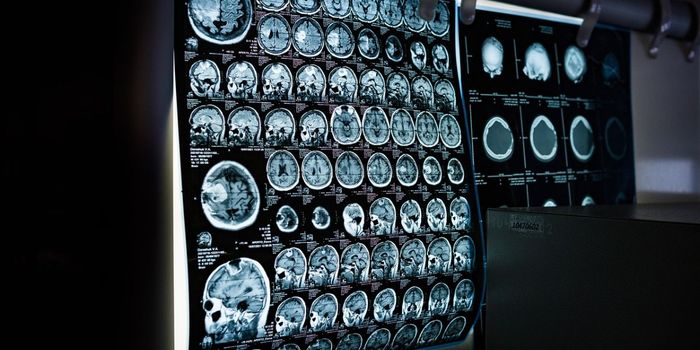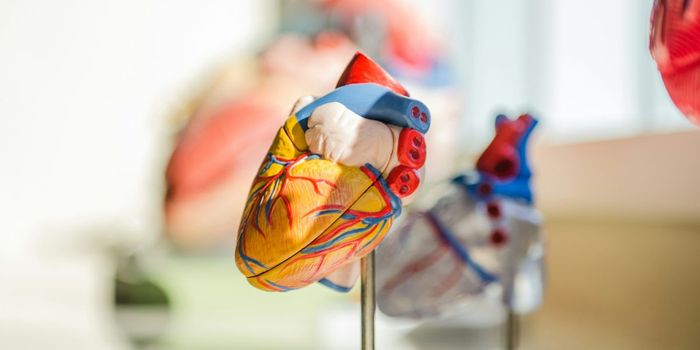A lot of diseases and conditions are treated with biologics or biopharmaceuticals. Biopharmaceuticals are inherently more expensive than small molecule therapeutics because of the difficulty with manufacturing, purification, and transport to point-of-care. In addition to being expensive, biopharmaceuticals are not always available to those in underdeveloped regions. Antibodies and other biologics are typically produced in large, centralized facilities and the therapeutics are then transported to where they need to go, which works in places with reliable supply chains and access. However, vaccines, insulin, and many other biopharmaceuticals are needed all over the world, including places with unreliable supply chains or infrastructure to produce biopharmaceuticals.
To overcome the issues of access and expense, MIT scientists funded by the Defense Advanced Research Projects Agency (DARPA) have created a portable biopharmaceutical generator that can be programmed to produce multiple therapeutics.

This microbioreactor houses a specific strain of yeast called
Pichia pastroris that is easily genetically modified. In this yeast, the scientists insert the genes that encode the biopharmaceutical they want to produce, but the gene is under the control of a specific operator. This is really important because the operator tells the yeast cells when to start expressing that gene. For example, when the yeast is exposed to a specific chemical, that chemical will interact with the operator to express, or "turn on," the gene. This system allows for inducible gene expression of the desired genes.
And what makes this microbioreactor even more cool is that, for the first time, the liquid containing the chemical trigger can be washed off the yeast cells and replaced with a different liquid with a different chemical trigger to stimulate expression of a completely different biopharmaceutical. The current research, published in
Nature Communications, only details the microbioreactor producing recombinant human growth hormone (rHGH) and interferon-α2b (IFNα2b), but the scientists have high hopes for making the device entirely programmable. Impressively, the microbioreactor was able to produce enough of the two proteins to make a single dose in less than a day.
Using this system could also made it much less expensive to produce combinatorial biopharmaceuticals, such as multiple antibodies for personalized therapeutics. Combinatorial therapies can be incredibly expensive to produce because, traditionally, each component needs its own production line. But, as senior author Tim Lu suggests, “If you could engineer a single strain, or maybe even a consortia of strains that grow together, to manufacture combinations of biologics or antibodies, that could be a very powerful way of producing these drugs at a reasonable cost,”
This kind of technology is a beautiful marriage of biology, genetics, microfluidics, and ingenuity. Making expensive biologics more affordable and way more accessible will improve the lives of countless people around the world.
Sources:
FierceBiotech,
Nature Communications, and
MIT









